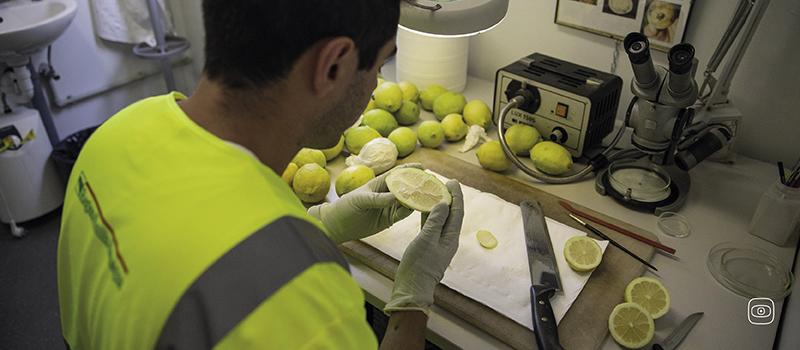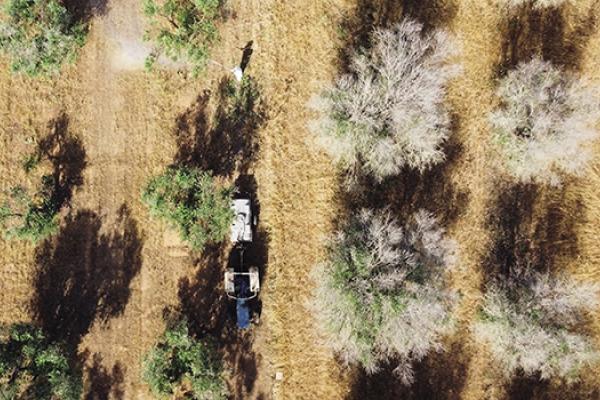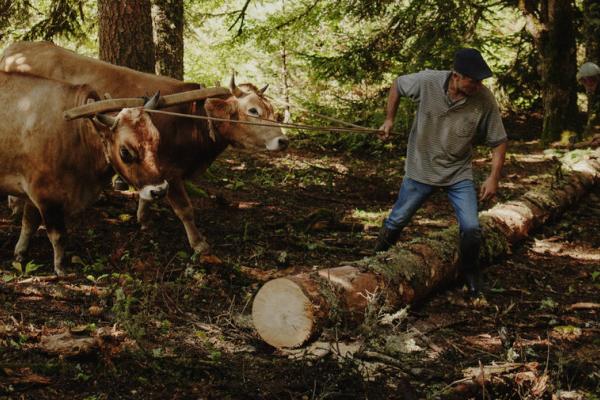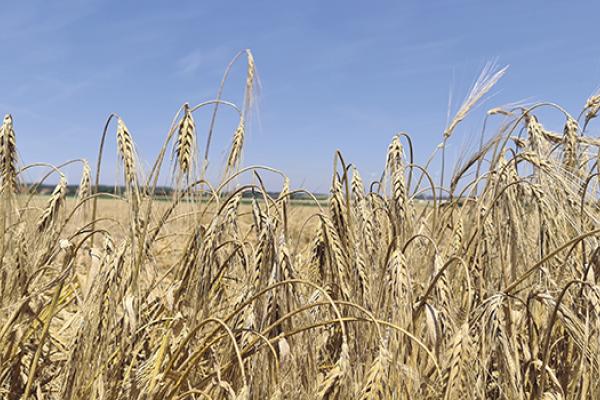Plants that slowly choke to death, whiter and dry: That's the result of Xylella fastidiosa, a bacterium that has been ravaging the southern Italian olive fields. With a warming climate, the disease that killed more than 60 million olive trees since entering in 2013 is only one of many potentially dangerous plant pathogens on the European continent. Lack of regulation and border enforcement make it easy for the plant industry to import plants, even though they might carry dangerous diseases for biodiversity, agriculture, and, by extension, essential food culture.
Extensive reporting and data research reveals commercial interest - especially in the Netherlands and other Northern European countries, is causing great harm in Southern European countries.
Photo by Agostino Petroni: Inspector in Ravenna port, Italy, checks imported lemons for pests and diseases.





